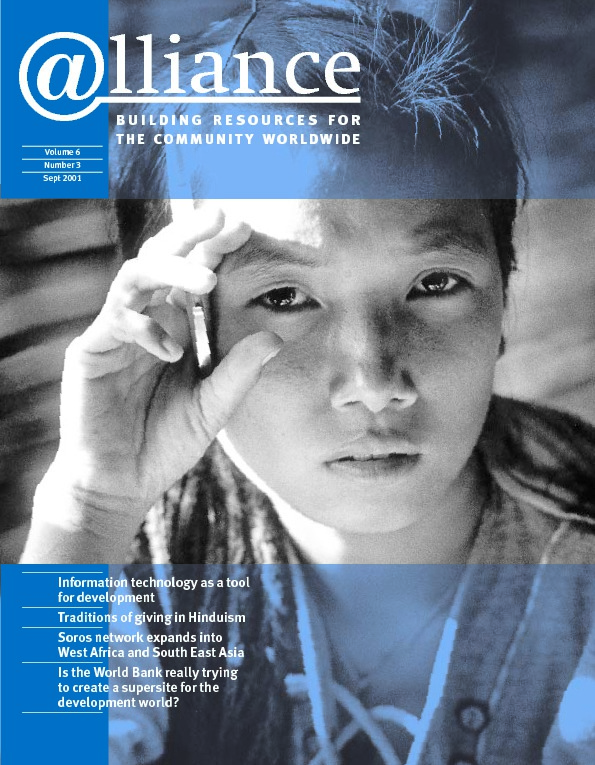Is the Internet creating a vibrant civil space? Is it promoting democracy? Can the architecture of the Internet be changed so that it fosters diversity and a real exchange of views? These were the questions being posed by William Galston[1] at the Independent Sector Spring Research Forum in March.
Mutually negotiated voluntary communities are generally seen as ‘a good thing’, but in Galston’s view the fact that they tend to organize around a narrow range of interests can intensify a range of social problems – and these problems are likely to be exacerbated by the formation of online communities, which also tend to be highly focused around particular interests.
The problem with these single-interest voluntary communities, according to Galston, is that they’re homogeneous not heterogeneous; they select people like themselves in important respects, thus creating groups that are sealed off from one another. When people with dissimilar positions deliberate, they tend to move towards compromise positions, and may even reach consensus; when people with similar positions deliberate, on the other hand, they tend to move towards more extreme positions.
Why is this a problem? A vibrant civil space is a place where meaningful dialogue takes place across divides and differences. The Internet has made a huge step forward in giving voice to the voiceless, but empowering people and groups to speak is not enough to achieve democracy. What is needed is what Galston calls ‘a new dot.civ domain’, where rules are specifically designed to encourage robust exchange.
1 William Galston is professor and director, Institute for Philosophy and Public Policy, University of Maryland, USA.


Comments (0)